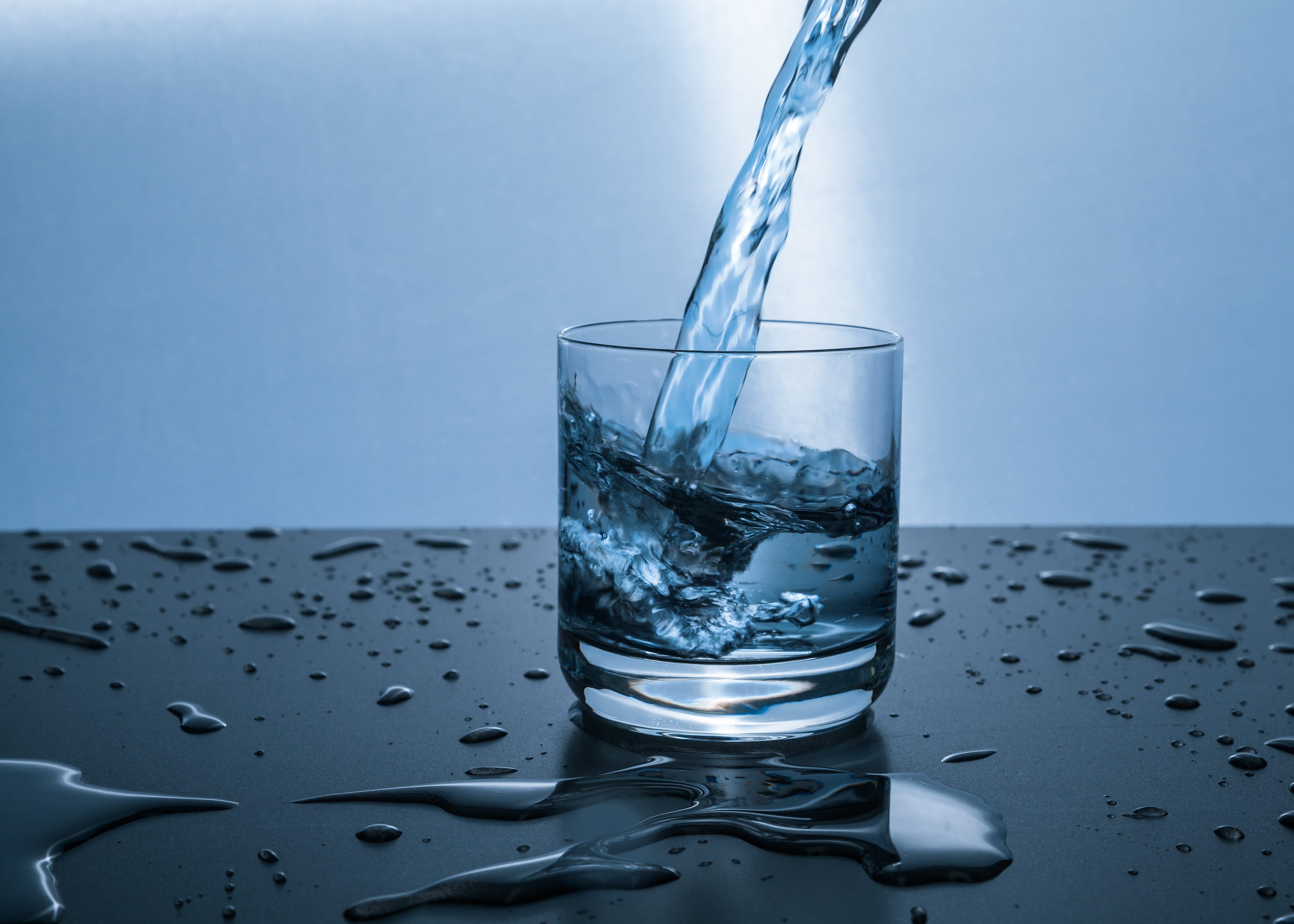
Puzzle: When does a change to the statute of limitations almost seem to eliminate it?
Answer: When a bill like this one becomes law. In early November 2019, NY Governor Andrew Cuomo signed into law a bill (S.B. 3337/A.B.5477), which “[r]elates to the statute of limitations for public water suppliers to commence an action for injury to property.” Statutes of limitation define the period of time after which a plaintiff may no longer bring suit. They are designed to protect parties from lawsuits for injuries that occurred so long ago that it’s difficult to mount a defense, and difficult for judges and juries to figure out the rights and wrongs of a matter.
This law amends the New York Civil Practice Law and Rules (CPLR) by adding a new Section 214-h. This new CPLR section allows a water supplier to file suit three years from the “date the contaminant is last detected” in a particular supply well. Specifically, the law provides that the “three-year period shall apply to each well and each plant intake for each contaminant separately, and the expiration of the three-year period at one well or plant intake shall not affect the three-year period for another well or plant intake.” (Emphases supplied).
Contrast this with the previous limitations period, which required the filing of a lawsuit from the date of an injury to property or when an injury “should have” been discovered, even if subsequent injuries (e.g., detection of contaminants) occurs. Above all, the law also ensures that newly discovered or “emerging” contaminants, such as 1,4-dioxane and PFAS-related chemicals, qualify as individual “contaminants” for the purposes of triggering the last three-year limitations period.
This new law, which goes into effect immediately, will have significant impacts on how groundwater contamination cases brought by cities and their water suppliers are litigated. It undoubtedly provides incredible leverage to such suppliers seeking cost recovery for investigating and treating contaminated groundwater supplies, particularly those that experience continued detection of the same contaminants at different supply wells.
Given the continuing discovery of emerging contaminants, there would seem to be fewer bars to successful actions for municipal water suppliers being brought at any time. Cleaning up the emerging contaminants will, of course, also usually clean up all the old contaminants that have been known about for a long time.
Click HERE to review the text of the new law.
Contact the attorneys of Periconi, LLC at (212) 213-5500 if you are a public water service provider and have any questions about the legal impacts of the new statute of limitations law.

